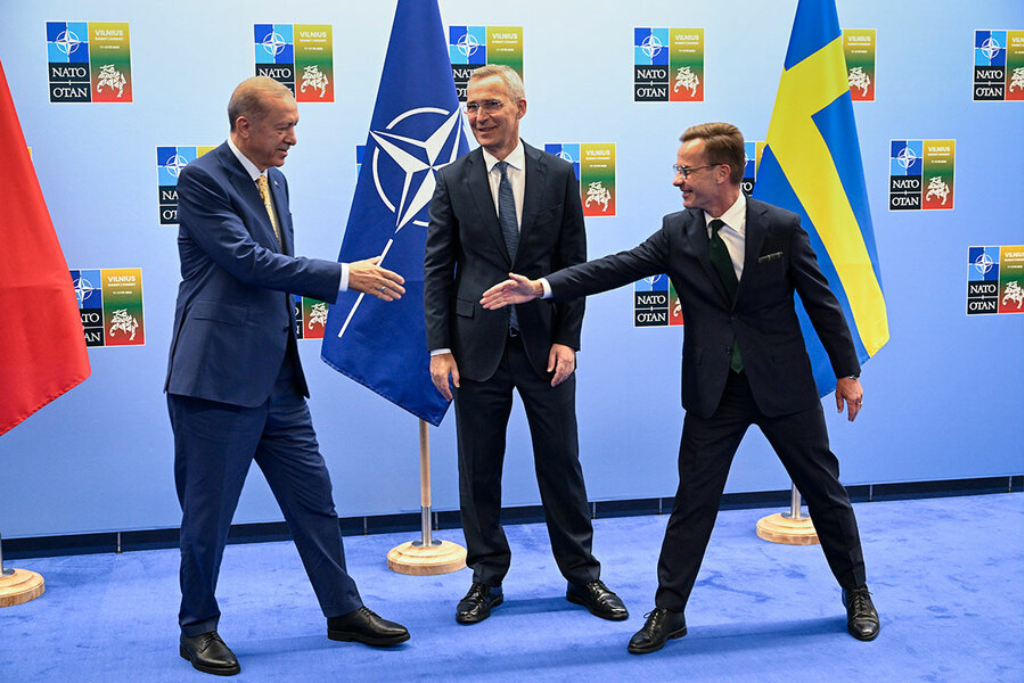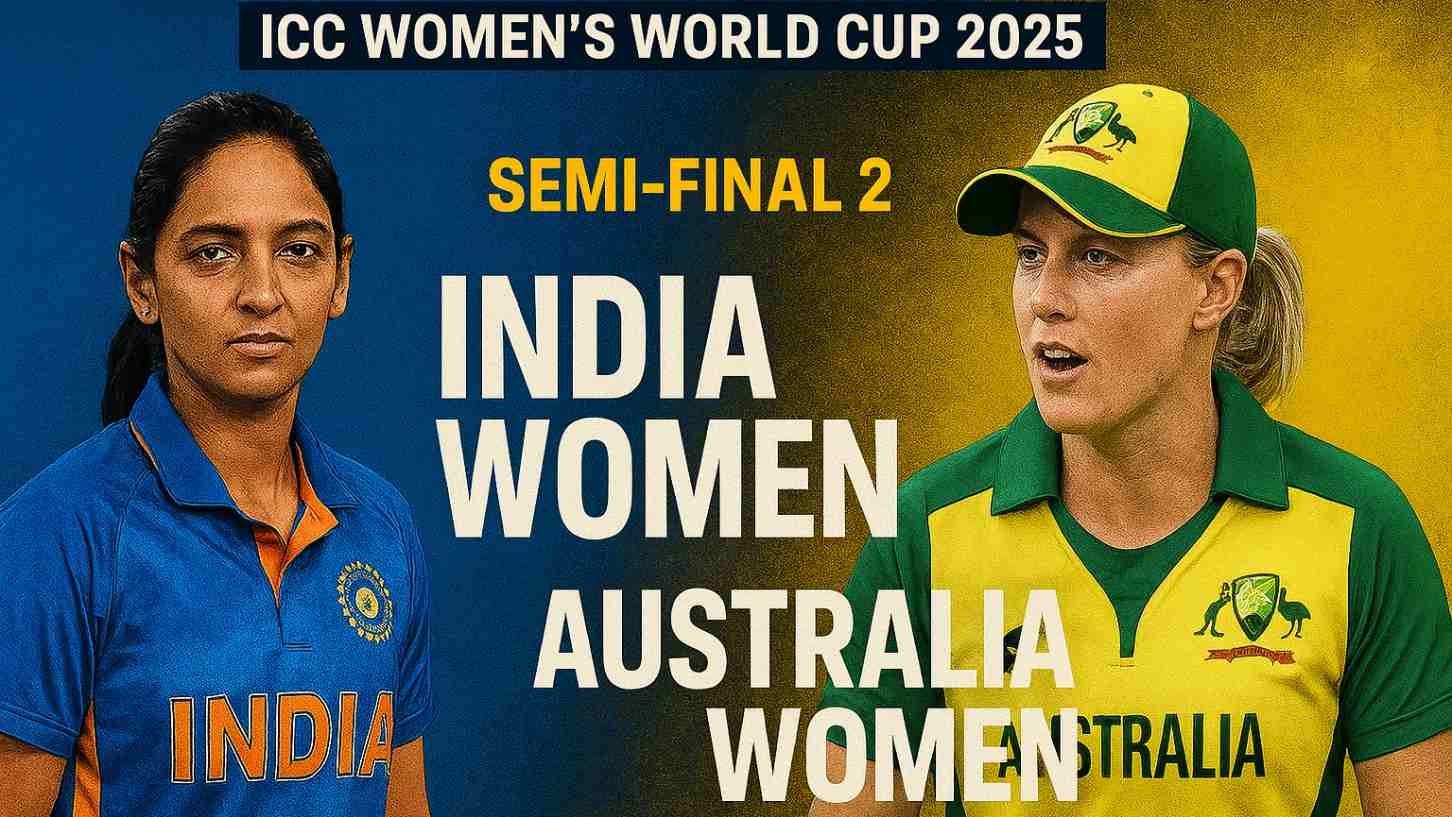Introduction
In a surprising turn of events, Turkey has agreed to pave the way for Sweden’s Entry to NATO, a decision that projects unity within the military alliance. This development comes at a critical time as the war in Ukraine continues to pose challenges to sustaining that unity.
The announcement was made on the eve of a NATO summit held in Vilnius, Lithuania, where leaders convened to discuss strategies for repelling Russia’s invasion of Ukraine.
This article will delve into the implications of Sweden’s imminent accession, the significance of Turkey’s reversal, and the ongoing complexities surrounding Ukraine’s relationship with NATO.
Sweden’s Accession and NATO Unity
Sweden’s entry into NATO is seen as a victory for Jens Stoltenberg, NATO’s secretary general, who has agreed to extend his tenure to help guide the alliance in its noncombatant role as a critical supplier of arms and training in the war against Russia’s invasion of Ukraine.
The pressure exerted on Turkish President Recep Tayyip Erdogan, particularly by President Biden, played a crucial role in Turkey’s sudden change of stance. President Biden, upon arriving in Lithuania for the summit, expressed his readiness to enhance defense and deterrence in the Euro-Atlantic area, signaling potential arms sales to Turkey.
The inclusion of Sweden in NATO expands the alliance’s reach and strengthens its position against Russian aggression.
Turkey’s Reversal and Political Calculations: Sweden’s Entry to NATO
President Erdogan’s decision to clear the path for Sweden’s entry into NATO is viewed as a calculated move rather than a change of heart. Erdogan’s political brinkmanship had reached its limit, and further resistance would have risked his standing among NATO allies.
Turkey’s loyalty to the alliance had already been scrutinized due to Erdogan’s close ties with Russian President Vladimir Putin and suspicions of Turkey’s involvement in helping Russian companies evade sanctions.
Allowing Sweden’s accession was in Turkey’s geopolitical and economic interest, preventing doubts about its commitment to the alliance.
Implications for Ukraine and NATO’s Future
The ongoing war in Ukraine has strained NATO unity, as member nations differ in their views on Ukraine’s potential membership.
While President Zelensky of Ukraine seeks immediate membership for his country in NATO, larger NATO members such as Germany advocate for additional reforms in Ukraine’s political, financial, and judicial systems before considering membership.
The NATO summit aims to find common ground on Ukraine’s future relationship with the alliance, with debates surrounding the phrasing and conditions for potential membership.
The Need for Practical Support and Security Commitments
The summit’s focus extends beyond membership debates and emphasizes practical support for Ukraine. The hope is to issue a document containing pledges from NATO members to provide long-term security commitments to Ukraine, including the supply of modern weapons and training.
The objective is to ensure that Ukraine is sufficiently armed to deter future Russian aggression, even if full NATO membership is not immediately granted.
The upgrade of Ukraine’s relationship with NATO to “council status” and the approval of new defense spending pledges aim to strengthen the message of solidarity against Russian actions.
Conclusion
Turkey’s decision to clear the way for Sweden’s entry into NATO on the eve of the summit projects an image of unity within the alliance. It bolsters NATO’s position against Russian aggression and expands its reach in the Baltic Sea region.
However, challenges persist in Ukraine’s potential membership and the need for practical support to defend against Russian aggression.
The summit’s focus on practical support for Ukraine and the approval of detailed defense plans further strengthen NATO’s ability to respond effectively to emerging security threats.
For all the latest news, keep visiting The World News.


